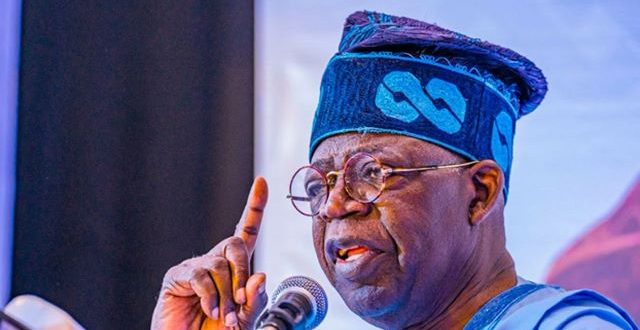517
By Tracy Moses
President Bola Ahmed Tinubu has written to the National Assembly seeking approval for an extra $347 million in external financing under the adjusted 2025–2026 borrowing framework.
The request was conveyed during Wednesday’s plenary session in the House of Representatives, where Speaker Tajudeen Abbas read the President’s letter before lawmakers.
According to the President, the new loan request is necessitated by rising financial demands for the Lagos-Calabar Coastal Highway, whose cost has increased by $47 million, from $700 million to $747 million.
Tinubu explained that while the initial funding plan submitted to the legislature secured lender commitments up to $700 million, the full financing terms were finalised through export credit arrangements, resulting in a $47 million shortfall.
“There is a need to revise the project financing upwards by $47 million to match the figures outlined in the agreed loan documentation,” the President stated.
Furthermore, $300 million from the proposed loan is allocated to the Nigerian Universal Communications Access Project, a major telecoms initiative targeting digital inclusion by establishing 7,000 communication towers in underserved rural areas.
It is worth noting that in May, Tinubu had sought legislative backing for a larger borrowing package totaling $21.54 billion, €2.19 billion, and ¥15 billion, in addition to a €65 million grant.
With the latest request, which includes $47 million for the coastal highway and $300 million for the telecom expansion project, the cumulative external loan plan now rises modestly to $21.89 billion.
After receiving a report from Hon. Abubakar Nalaraba, Chairman of the House Committee on Aids, Loans, and Debt Management, the House, led by Deputy Speaker Benjamin Kalu, granted approval for the loan request.
Hon. Nalaraba assured lawmakers that the nation’s debt situation remains under control despite the additional borrowing.
“Nigeria’s total debt stock is currently over N145 trillion, and our debt-to-GDP ratio sits around 50%, which is still within the internationally accepted threshold of 56%,” he stated.
He added that the administration had successfully reduced the country’s debt service-to-revenue ratio, which has fallen from above 90% to under 70%.
The committee’s report also expressed optimism about the government’s ability to meet its debt obligations, citing revenue projections under the new Nigerian Tax Act 2025, which anticipates over 18% annual growth beginning in 2026.



